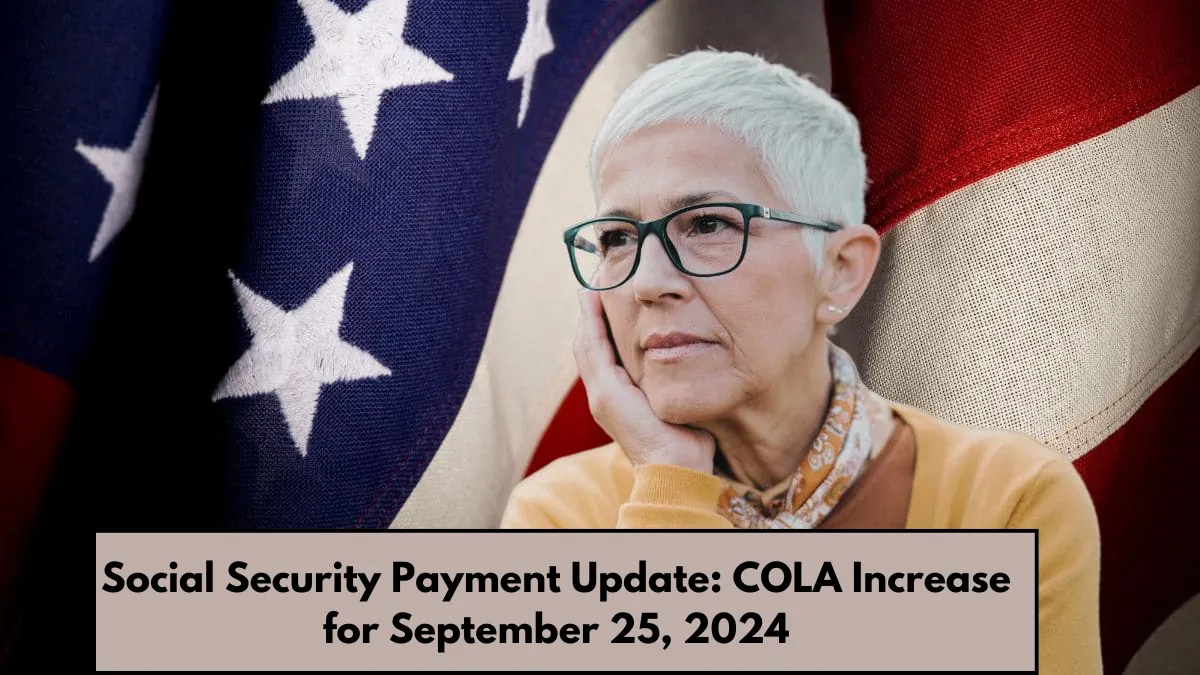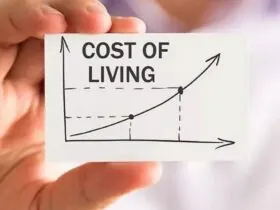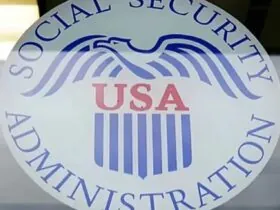The Social Security Administration (SSA) has announced a final payment date for September 2024, including an increase tied to the 2024 Cost-of-Living Adjustment (COLA). This payment will benefit a specific group of U.S. citizens. If you qualify, expect a higher payout this month due to the COLA increase, which is designed to help retirees, disabled individuals, and other beneficiaries keep up with inflation.
Key Criteria for Receiving the September 25 Payment
This Article Includes
To be eligible for the Social Security payment on September 25, 2024, recipients must meet two important conditions:
- Retirement Date After May 1997
If you began receiving Social Security benefits after May 1997, you are part of the group eligible for this final September payment. Anyone who retired before this period will have already received their September check earlier in the month. - Birthday Between the 21st and 31st of Any Month
The second criterion is tied to your birthday. Beneficiaries with birthdays between the 21st and the 31st of any month qualify for the September 25 payment. This means the specific month of your birth does not matter; only the date range is important.
These two requirements will determine whether you receive the final Social Security payment for September 2024. If both conditions are met, you can expect to receive the COLA-boosted payment on the 25th.
COLA Increase: What to Expect
The September 25 payment will include an increase based on the 2024 COLA increase. This adjustment is designed to account for inflation, ensuring that retirees, disabled individuals, and widowed beneficiaries maintain their purchasing power despite rising costs. The SSA uses the Consumer Price Index for Urban Wage Earners and Clerical Workers (CPI-W) to determine the exact COLA percentage each year.
For 2024, the COLA increase means U.S. retirees and other beneficiaries will receive more in their checks. This increase will be reflected in payments starting on September 25 for eligible recipients. Individual benefits vary, but some may see a $121 monthly payment increase.
Steps to Take If You Don’t Receive Your Payment
In case your payment doesn’t arrive as scheduled, it’s essential to act promptly. There are two key steps you can take to address any delay in receiving your Social Security check:
- Contact Your Bank First
In some cases, your bank may withhold or delay the release of your benefit. If your payment is missing, reach out to your bank to confirm whether the funds are being processed or held. This simple step can resolve many issues quickly. - Reach Out to the Social Security Administration (SSA)
If the bank is not responsible for the delay, your next step is to contact the SSA directly. They can provide information on the status of your payment and help resolve any issues related to processing or delays. Be sure to keep your personal details, such as address and banking information, updated with the SSA to prevent future delays.
Maximizing Future Payments: The Importance of Direct Deposit
For a hassle-free experience and faster access to your Social Security payments, it’s recommended that beneficiaries activate Direct Deposit. This ensures that your monthly payments are deposited directly into your bank account, minimizing the risk of delays. Additionally, keeping your personal and banking information updated with the SSA is crucial for avoiding potential issues with receiving your benefits on time.
Conclusion
The final Social Security payment for September 2024, including a COLA increase, will be distributed on September 25 to beneficiaries who meet specific criteria. If you retired after May 1997 and have a birthday between the 21st and 31st of any month, you should expect a higher payment due to the COLA adjustment. In case of any delays, promptly contact your bank and the SSA to resolve the issue. For future payments, activating Direct Deposit is a smart way to ensure timely and secure receipt of your benefits.







Leave a Reply